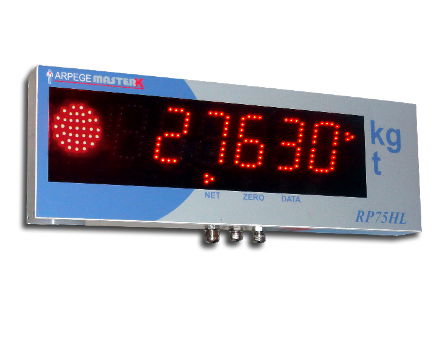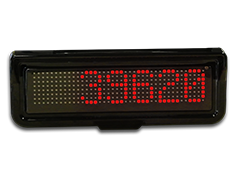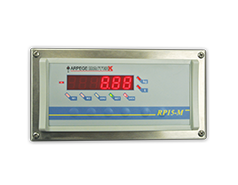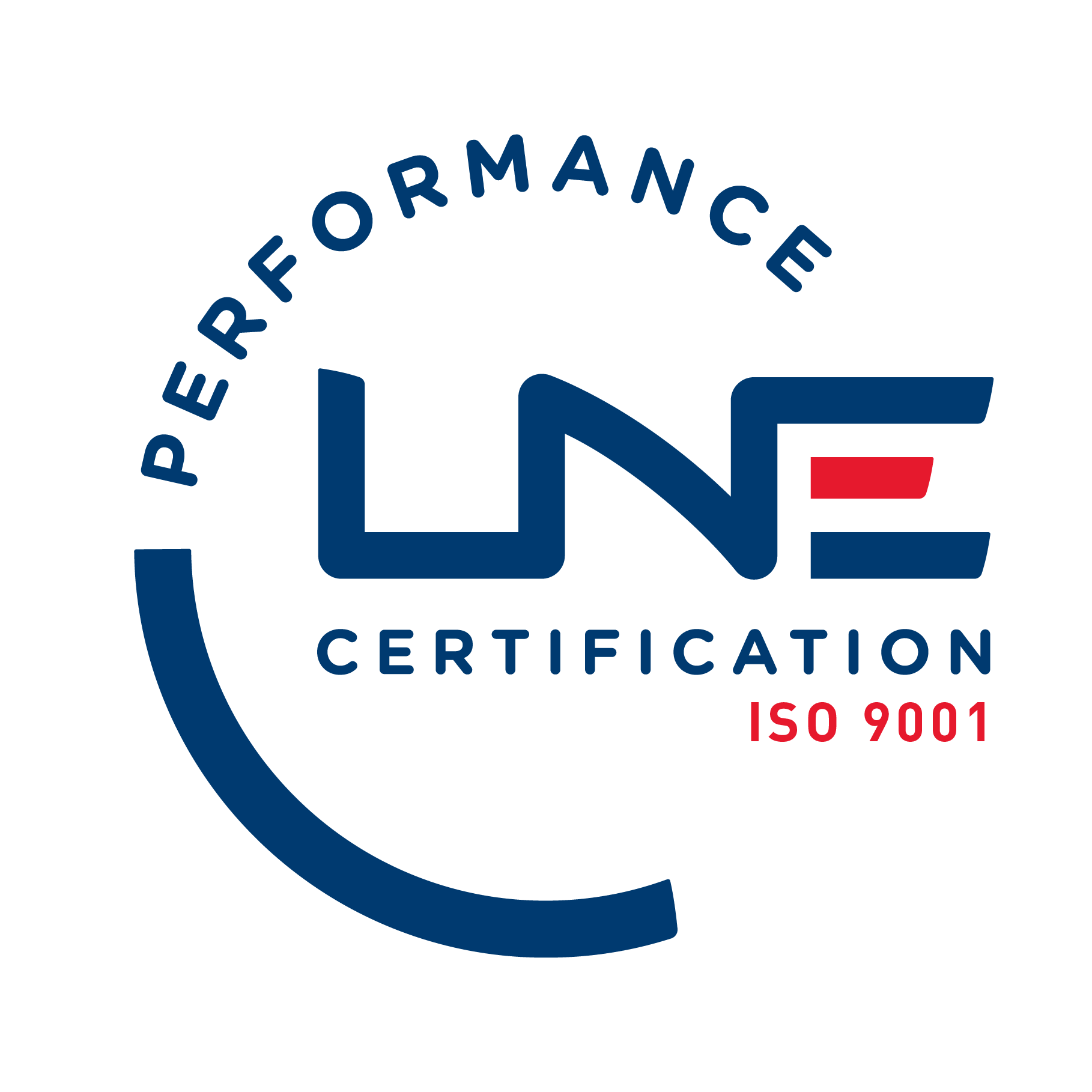How are remote weight displays defined ?
Our remote weight displays allow a postponement of the weight display.
These weighing equipment are sophisticated devices used in the field of mass measurement and industrial weighing. This equipment is designed to make it easier to read weighings. They allow weight reading in demanding industrial environments or when weighing vehicles. They are used in industries such as logistics, construction, mining, agriculture, and many others where weight reading is essential.
What is the use of a remote weight display ?
The usefulness of repeaters, or remote weight displays, lies mainly in their ability to provide reliable and consistent measurements. They allow companies and weighing operators to save time and optimize their production, logistics or quality control processes.
These remote weight displays are usually equipped with a clear digital display and thus make it easier to read the weight values. Some models have additional features, such as a two-color light, which indicates the status of the scale or weighbridge. Connected to a weighing indicator, the weight display is instantaneous. Additionally, some remote weight displays can be connected to data management or control systems. Several connection types are available to integrate into complex industrial processes.
What is the advantage of a remote weight display ?
Using remote weight display for weighing also offers safety benefits. By ensuring weight reproduction, these devices help prevent potentially dangerous overloads for machines, vehicles or structures used in industries. They thus make it possible to reduce the risk of accidents and preserve the safety of operators and equipment. Another advantage of remote weight displays is their robustness and reliability. They are designed to withstand severe conditions, such as dust, humidity, rain, snow, wind, vibration and mechanical shock.
In short, remote weight displays for weighing are essential equipment in many industries. Their use helps improve the efficiency of operations and guarantee the safety of facilities and personnel. They also guarantee compliance with industrial weighing standards and regulations. Thanks to their advanced technology and robustness, they constitute essential allies for companies seeking to optimize their processes and maintain high quality of service.
-
More
RP75-HL Remote weight display
The two-colored light repetitor RP75 HL is a device that replicates the weight from the indicator. -
More
Weight display RP 60 HL
The RP60HL is a display device for remotely repeating the reading on the main weight indicator or any other digital information. -
More
Weight repetitor and indicator RP15M
The RP75 repeater is a display device for remotely repeating the reading on the main weight indicator.






